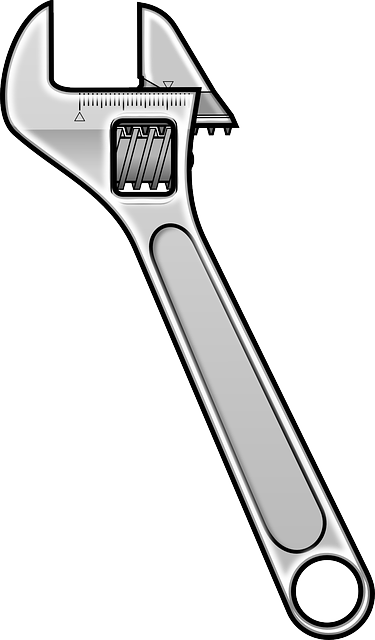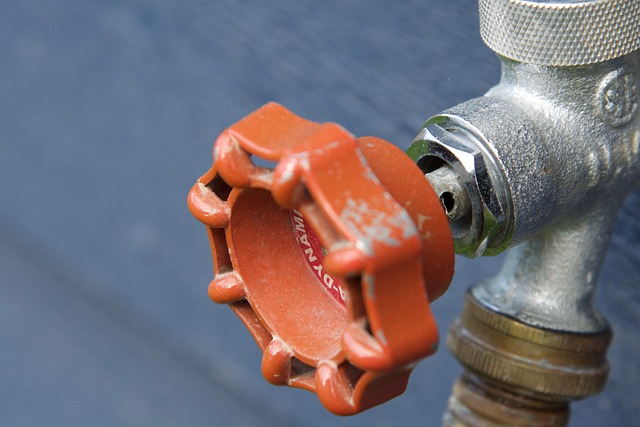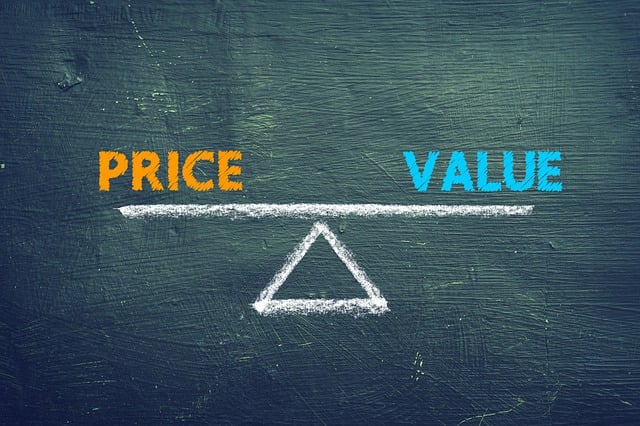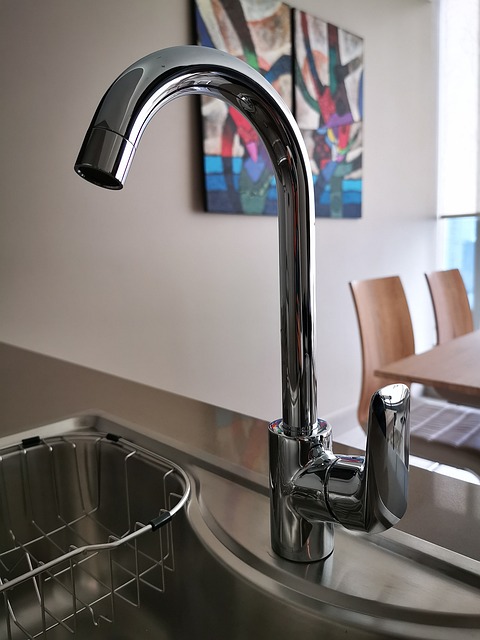Understanding water heater types involves a thorough plumbing cost comparison, factoring in local market rates, material costs, and hidden fees like emergency charges. Reputable plumbers provide valuable insights through local quotes, helping consumers make informed decisions based on both upfront expenses and ongoing maintenance costs. This approach ensures the best value for water heating investments while navigating complex pricing factors.
When considering a new water heater, understanding the vast range of options and their associated costs is essential. This comprehensive guide aims to demystify the plumbing cost comparison process. From exploring different water heater types and their impact on your wallet to uncovering hidden pricing factors like material costs and emergency charges, we’ll equip you with the knowledge to navigate local market rates effectively. By gathering strategic local quotes, you can make an informed decision tailored to your budget.
- Understanding Water Heater Types and Their Cost Implications
- Uncovering the Impact of Material Costs on Plumbing Expenses
- Exploring Local Market Rates for Water Heater Installations
- Decoding Pricing Factors: Beyond the Obvious
- The Role of Emergency Charges in Your Water Heater Budget
- Gathering Local Quotes: A Strategic Approach to Cost Comparison
Understanding Water Heater Types and Their Cost Implications
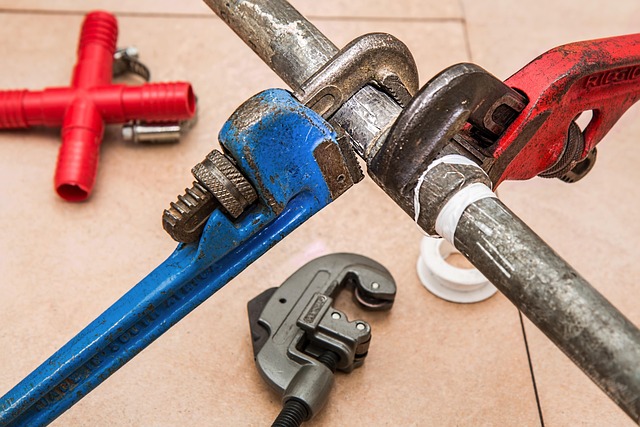
Understanding Water Heater Types and Their Cost Implications
When it comes to water heaters, there’s a wide array of options available in the market today, each with its unique features and cost implications. To effectively compare plumbing costs, it’s essential to know the different types—from conventional storage tanks to tankless models—and the various factors that influence pricing. Material costs play a significant role, with high-quality materials often translating to higher prices but also potentially longer lifespans. Additionally, emergency charges and installation fees should be considered, as these can vary widely depending on your location and the complexity of your plumbing setup.
Local quotes from reputable plumbers are invaluable in understanding market rates for different water heater types. These quotes can help you identify not only the upfront costs but also any ongoing expenses related to energy consumption and maintenance. By delving into the pricing factors, you’ll be better equipped to make an informed decision that balances your budget with your specific needs, ensuring you get the most value for your investment in water heating solutions.
Uncovering the Impact of Material Costs on Plumbing Expenses
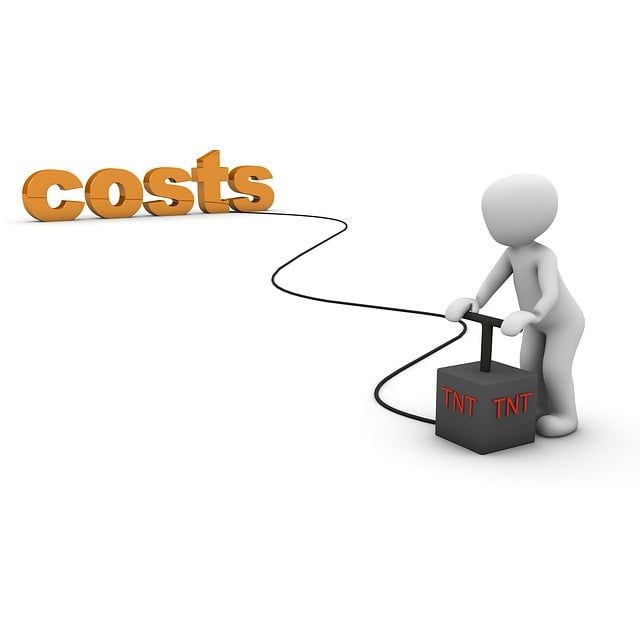
When comparing water heater types, understanding the impact of material costs on plumbing expenses is crucial. Different materials like stainless steel, energy-efficient models, or traditional tanks have varying price points that directly influence overall plumbing cost comparison. Obtaining local quotes from professional plumbers can shed light on these pricing factors. Material costs themselves are subject to market fluctuations and supply chain dynamics, which can significantly affect the final bill.
Moreover, emergency charges for unexpected repairs or replacements should be factored in during your plumbing cost comparison. These unwelcome surprises can vary widely based on the complexity of the issue and the time of day or week when the problem arises. By considering not just the initial installation or replacement cost but also potential future maintenance expenses, you gain a more holistic view that helps inform your decision-making process.
Exploring Local Market Rates for Water Heater Installations

When comparing water heater types, understanding local market rates for installations is crucial. The plumbing cost comparison can vary significantly based on several pricing factors, including material costs and labour charges. To get accurate local quotes, it’s essential to reach out to reputable plumbers in your area. They can provide insights into the current market rates and break down how their pricing is structured.
Keep in mind that emergency charges may apply if you need a water heater installed urgently. These unforeseen circumstances often drive up the overall cost. Therefore, when planning for a new water heater, it’s wise to account for potential emergencies and secure several local quotes to ensure you’re getting fair market rates tailored to your region.
Decoding Pricing Factors: Beyond the Obvious

Decoding Pricing Factors: Beyond the Obvious
When comparing water heater costs, it’s essential to look beyond the initial purchase price and consider a range of hidden factors that can significantly impact your bottom line. Plumbing cost comparison involves understanding various pricing components that aren’t always transparent. Material costs vary widely based on the type and quality of the water heater; for instance, tankless models often have higher upfront costs but lower energy bills over time. Additionally, emergency charges creep into the equation when dealing with sudden failures, as prompt repairs or replacements can incur substantial fees.
Market rates play a crucial role in pricing too, influenced by local regulations and demand. Some regions may offer incentives for energy-efficient models, while others might have strict building codes that affect installation costs. To get accurate local quotes, it’s vital to consult with professionals who can break down these intricate pricing factors, ensuring you make an informed decision tailored to your specific needs and budget constraints.
The Role of Emergency Charges in Your Water Heater Budget

When comparing water heater types, it’s crucial to understand how emergency charges can significantly impact your budget. These unexpected fees, often charged by plumbers for after-hours or weekend service calls, can vary widely depending on your location and the complexity of the issue. To get an accurate picture of plumbing cost comparison, request local quotes from reputable professionals. This will give you a clear understanding of the market rates for both installation and repair costs.
Material costs also play a substantial role in determining overall pricing. Different water heater models have varying levels of efficiency, insulation, and additional features that influence their material and manufacturing expenses. These factors directly translate to the price tags at retail stores or supplier websites. By considering these pricing factors, you can make informed decisions when navigating the market, ensuring you get the best value for your investment while also factoring in potential emergency charges that may arise during unexpected repairs or maintenance.
Gathering Local Quotes: A Strategic Approach to Cost Comparison
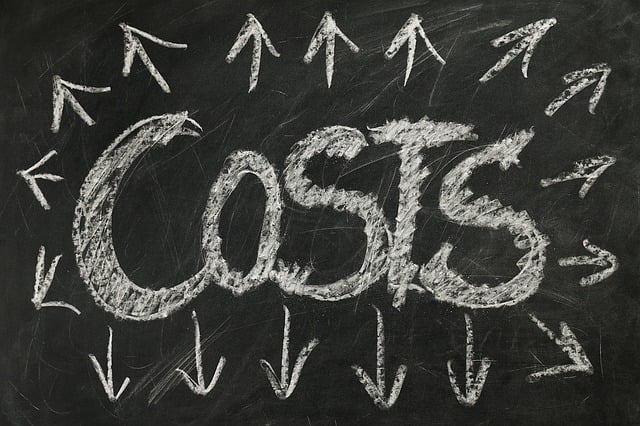
When comparing water heater types, gathering local quotes is a strategic approach to gain an accurate plumbing cost comparison. Start by reaching out to reputable plumbers or heating specialists in your area. Request detailed estimates for each type of water heater that piques your interest—electric, gas, tankless, or heat pump. These professionals will factor in various pricing aspects such as material costs, labor charges, and any applicable local permits. Be sure to inquire about potential emergency charges or additional fees for specific installation requirements.
In addition to base pricing, consider the broader market rates and seasonal fluctuations that can impact costs. Certain materials or technologies might be more expensive during peak seasons due to increased demand. Understanding these pricing factors allows you to make informed decisions when comparing water heater options, ensuring you get the best value for your investment while considering local dynamics and market trends.
